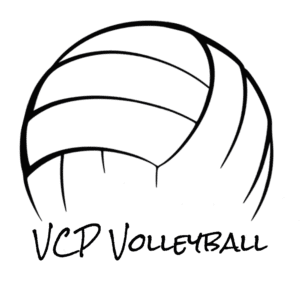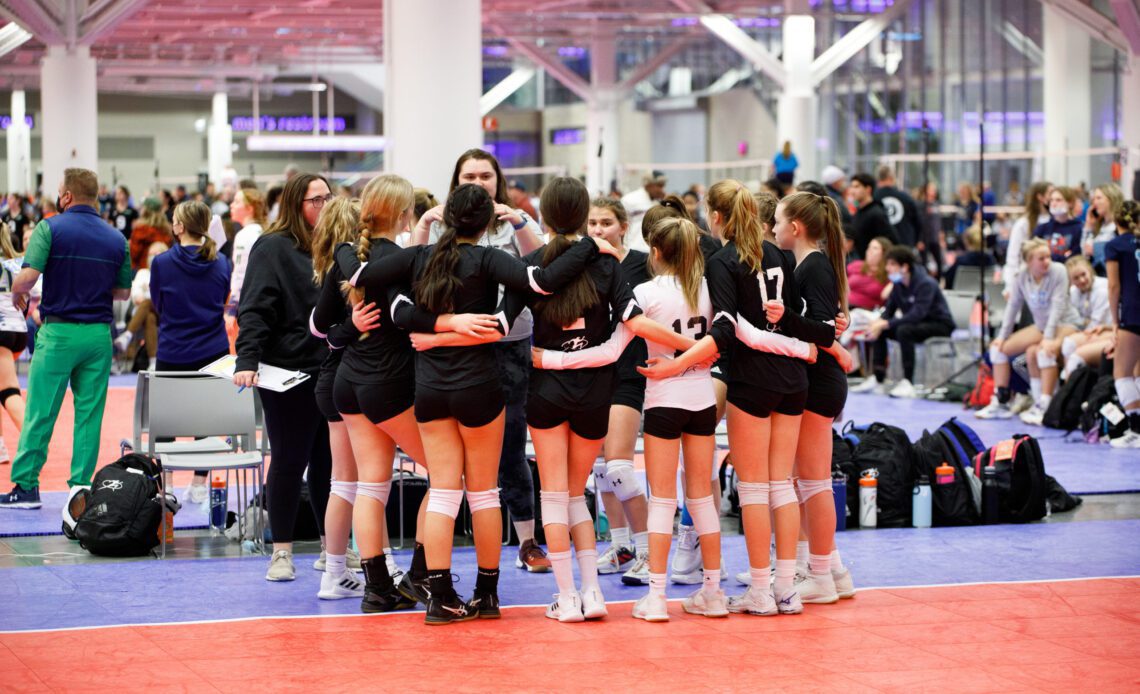It has been established that a good coach-athlete relationship is paramount for positive performance outcomes at the elite sport level (Gould & Maynard, 2009; Jowett & Shanmugam, 2016; Werthner & Coleman, 2009). In fact, the foundation for this has been well documented in the Counseling profession, wherein the client-therapist relationship accounts for half, if not more, of the growth of the client alongside the interventions utilized during session. Building a relationship in which the athlete’s autonomy is preserved, is treated equitably, fairly, and with equality, in which you honor commitments and keep promises, deals truthfully with your athletes, and promotes mental health and well-being alongside athletic excellence, and becomes their foundation to grow and develop.
Rapport building is about speaking to your athletes about their schoolwork, ambitions, stressors, interpersonal relationships, interests and hobbies. It’s about understanding that your athletes will have a tendency to carry their day with them into the practice gym, ultimately negatively impacting their training performance. It may not be that the athlete is “lazy”, “lacks energy”, “isn’t good enough, or quite there yet”, it may just be a factor of the increasing demand of their other obligations interfering with their ability to be fully present during training. In short, meet the athlete where they are at.
Professional Boundaries
When building rapport, boundaries are set to establish a professional relationship between coach and player. This becomes tricky knowing that we are at the mercy of how our players interpret this relationship. There is an age-old saying in Counseling wherein we want to, “leave no room for misinterpretation.” Speak clearly, succinctly, authentically, and without malice. With that in mind, you can be friendly to your players and still keep it professional. Topics to build rapport are their interests and hobbies, their successes and strifes, their interpersonal relationships, aspirations, regrets, etc. Be careful, your own beliefs will impact their relationship with the world, advice will be taken literally, and there always exists a power-differential as the one in power. We have an obligation to facilitate growth, avoid actions that cause harm, and adhere to the athlete’s right to control their own life.
Transfer of Skill
The more you know about your athletes, the more unique and appropriate your feedback becomes. Athletes who feel cared for will…
Click Here to Read the Full Original Article at Junior Volleyball Association…

